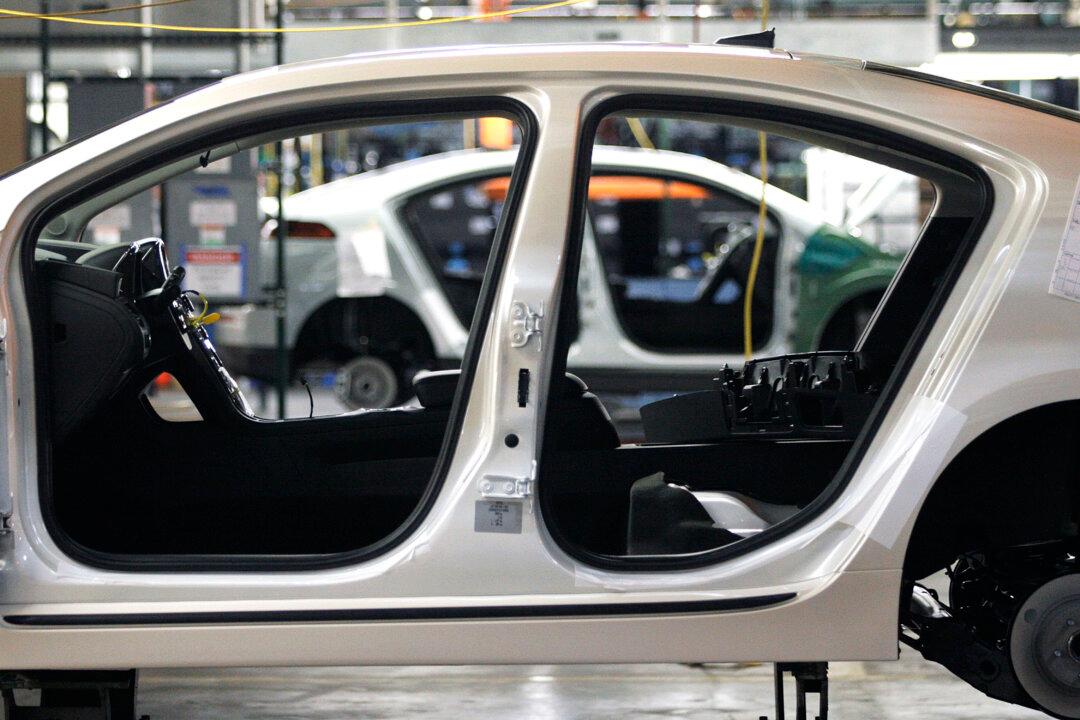Things are getting worse in Cyprus after its parliament rejected an initial proposal by the European Union (EU) to bail out its insolvent banking system. Leaders now proposed to raise money by putting together state and private assets in a “solidarity fund,” in order to avoid the meltdown of the banking system.
The plan to put together central bank gold reserves as well as church and pension assets to raise money has a good chance to pass a vote in the Cypriot parliament March 21, according to Cyprus Broadcasting Corporation (CYBC).
In order to qualify for an EU bailout of $13 billion, Cyprus needs to raise $7.5 billion on its own. An initial plan to tax bank depositors with a maximum 10 percent rate was rejected in parliament earlier this week.
But time is running out. The European Central Bank told Cypriot authorities it would shut down emergency liquidity assistance to the largely insolvent banking system Monday March 25, according to Reuters. Banks have been closed all week and are set to remain closed until Tuesday March 26, according to local media reports.
“Thereafter, Emergency Liquidity Assistance could only be considered if an EU-IMF program is in place that would ensure the solvency of the concerned banks,” a the ECB stated March 20.
AP and BBC reports show that the Cypriot population is increasingly suffering from the bank holiday and frozen Internet banking.
ATMs are only dispensing the daily limit of cash; some of them have run out as queues start getting longer. Credit and debit card transactions were still possible, but some merchants refuse to accept them because they don’t know when they can access the money in their bank accounts.
Gas stations only accept cash because they have to buy new gas with cash. According to Der Spiegel, gas stations might close altogether on the weekend.
Averof Neophytou, a close associate of President Nicos Anastasiades is aware of the pressure: “It is the will of all involved that we remain in the euro zone,” he told CYBC.



